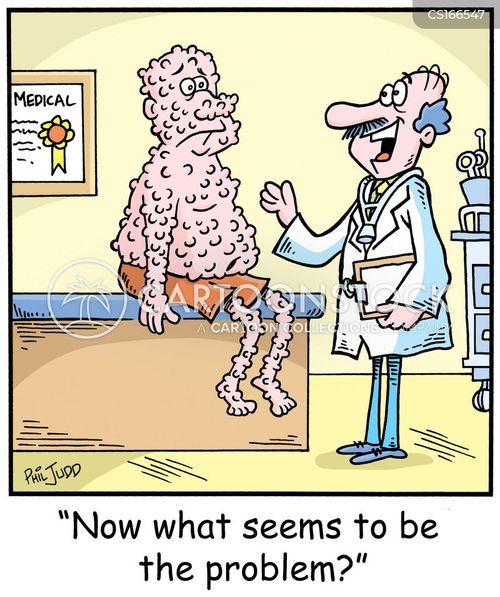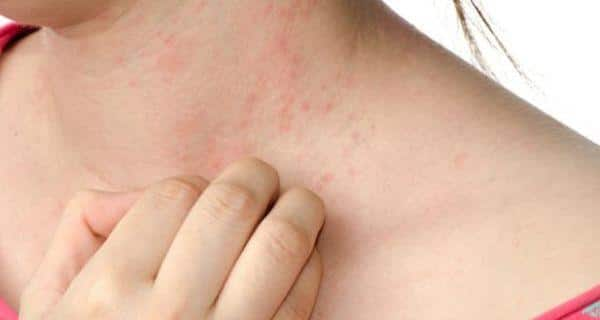

About a third of instances begin in childhood. What are the risks of vaccinations for people living with psoriasis?Īnyone can develop psoriasis.Rapid withdrawal of oral or injected corticosteroids.Certain medications - including lithium, high blood pressure drugs and antimalarial drugs.Smoking and exposure to secondhand smoke.Injury to the skin, such as a cut or scrape, a bug bite, or a severe sunburn.Weather, especially cold, dry conditions.Infections, such as strep throat or skin infections.
CHRONIC SKIN RASHES THAT ITCH FREE
Many people who are predisposed to psoriasis may be free of symptoms for years until the disease is triggered by some environmental factor. Researchers believe that both genetics and environmental factors play a role. It's thought to be an immune system problem where infection-fighting cells attack healthy skin cells by mistake. The cause of psoriasis isn't fully understood.

In the most common type of psoriasis, known as plaque psoriasis, this rapid turnover of cells results in dry, scaly patches. Psoriasis is thought to be an immune system problem that causes skin cells to grow faster than usual. And six is yellowing of the nails, which may be the result of chronic bronchitis.įor the Mayo Clinic News Network, I'm Vivien Williams. This may happen as a result of injury, infection or a medication. Four is called "a Beau's line." It's a horizontal line that indicates a previous injury or infection. It can happen if you have iron-deficient anemia or liver disease. Clubbing happens when your oxygen is low and could be a sign of lung issues. Miest: liver problems, kidney problems, nutritional deficiencies … Rachel Miest says there are other nail changes you should not ignore that may indicate …ĭr. Rachel Miest, M.D., Department of Dermatology, Mayo Clinic: Those are actually completely fine and just a part of normal aging. Many people develop lines or ridges from the cuticle to the tip. Vivien Willliams: Your fingernails are clues to your overall health.

Also seek medical care if your condition: If you suspect that you may have psoriasis, see your health care provider. It can be short-lived (acute) or long-term (chronic). The least common type of psoriasis, erythrodermic psoriasis can cover the entire body with a peeling rash that can itch or burn intensely. It can occur in widespread patches or on small areas of the palms or soles. Pustular psoriasis, a rare type, causes clearly defined pus-filled blisters. Fungal infections may trigger this type of psoriasis. It causes smooth patches of inflamed skin that worsen with friction and sweating. Inverse psoriasis mainly affects the skin folds of the groin, buttocks and breasts. It's marked by small, drop-shaped, scaling spots on the trunk, arms or legs. It's usually triggered by a bacterial infection such as strep throat. Guttate psoriasis primarily affects young adults and children. Severe disease may cause the nail to crumble. Psoriatic nails might loosen and separate from the nail bed (onycholysis). Psoriasis can affect fingernails and toenails, causing pitting, abnormal nail growth and discoloration. The affected skin might heal with temporary changes in color (post inflammatory hyperpigmentation), particularly on brown or Black skin. The patches vary in color, depending on skin color. They usually appear on the elbows, knees, lower back and scalp. The most common type of psoriasis, plaque psoriasis causes dry, itchy, raised skin patches (plaques) covered with scales. There are several types of psoriasis, each of which varies in its signs and symptoms: Cyclic rashes that flare for a few weeks or months and then subside.Small scaling spots (commonly seen in children).Rashes that vary in color, tending to be shades of purple with gray scale on brown or Black skin and pink or red with silver scale on white skin.A patchy rash that varies widely in how it looks from person to person, ranging from spots of dandruff-like scaling to major eruptions over much of the body.The least common type of psoriasis, erythrodermic psoriasis can cover the entire body with a peeling, itchy rash.Ĭommon signs and symptoms of psoriasis include:


 0 kommentar(er)
0 kommentar(er)
